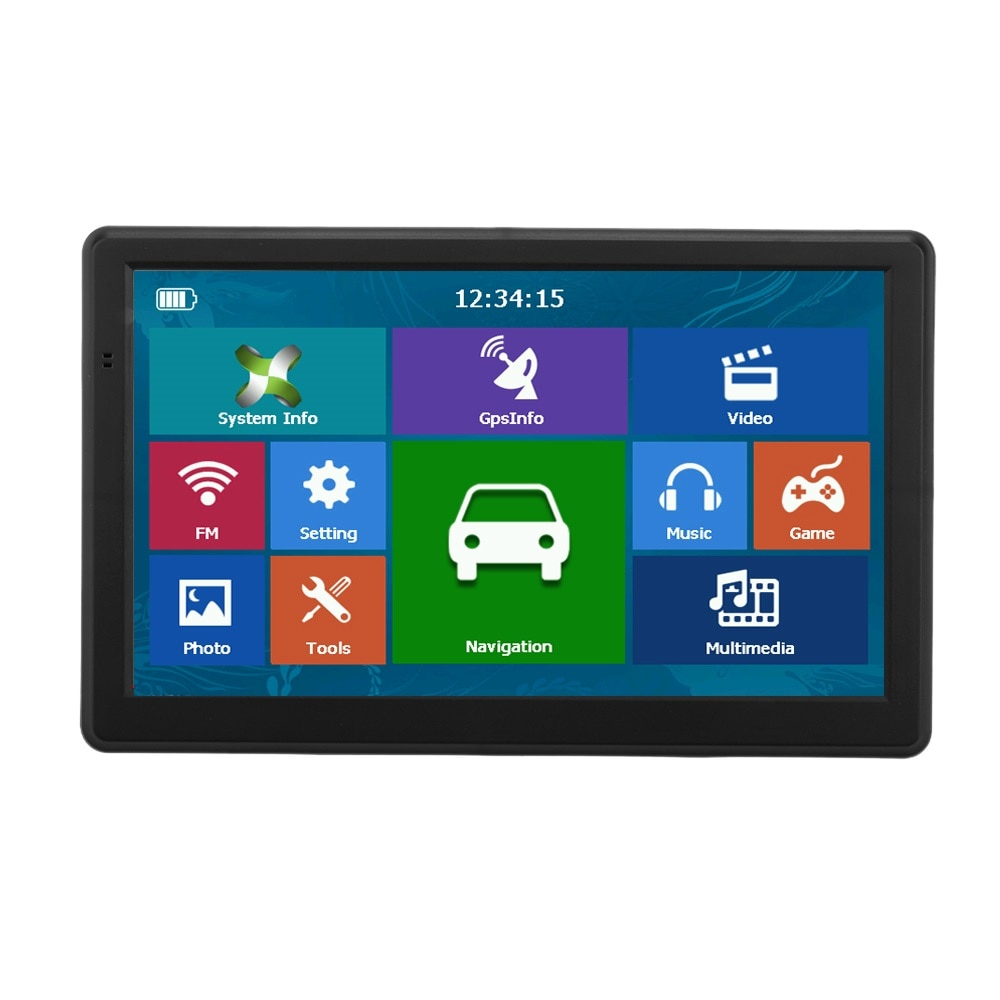

#Visage gps cart advertising Offline
But at the same time, offline real retail industry will not be completely replaced due to its own characteristics. The new retail model impacts the traditional retail model, making up for the traditional retail industry information asymmetry, subject to spatial constraints and other characteristics.

It is found that in recent years, with the help of the Internet, e-commerce has attracted a large number of customers with lower prices and richer commodity categories, which has largely encroached on the offline retail market. This paper mainly uses the method of literature reading and material analysis. The purpose of this paper is to study the impact and current situation of Internet on the development of retail industry. Over the past decade, the Internet has had an important impact on the retail industry. This paper argues for the study of algorithms in their contexts and suggests new perspectives on algorithmic objectivity. By studying algorithms in practice, I show how the active embedding of local preexisting consumer knowledge and punctual de-personalization mechanisms are keys to the epistemic and organizational success of predictive marketing. algorithmic processes in which the precise adjustment of prediction to unique individuals involves the computation of massive datasets.

How do predictive marketing devices change the way corporations know and model their customers? Drawing from STS and the sociology of quantification, I propose to study the original ambivalence that characterizes the promise of a mass personalization, i.e. Predictive marketing thus revives the old dream of one-to-one, perfectly adjusted selling techniques, now at an unprecedented scale. In the last years, specialized service providers as well as in-house data scientists have been increasingly using machine learning to predict consumer behavior for large companies. This paper focuses on the conception and use of machine-learning algorithms for marketing. The study conducted one pilot study of 30 participants those are residence people in Nigeria and use the mobile apps for shopping (this group will not be part of the actual data collection). The study uses Cronbach's alpha to find the reliability of the variables and to test the internal consistency of the variables. Others created The Role of Contemporary Mobile Marketing Strategies frameworks like the following customer service activities regard for the rights of customers, offering quality services and products, and giving info that's usefulӏ and truthfulӏ. The Role of Contemporary Mobile Marketing Strategies is how businesses deal with their consumers' needs by using different tools such as Campaigns, Promotions, Vouchers, Feeds. The study is filling the gaps and enabling this study in Nigeria's context of both existing evidence and its practical applications. The main rationale of this research is the impact of an application of mobile marketing strategies to purchase behaviour and consumers engagement as mediation relations.
#Visage gps cart advertising series
We show, however, that the domestication of physical geography to cultivate mobile consumers is particularly difficult, and so far based on a series of disparate attempts and experiments. The smartphone carries the promise of pursuing this movement into store aisles. We show that online commerce websites and http cookies have enabled a connection between three traditionally separate figures of the consumer and associated marketing scenes: the consumer as an audience, as a shopping cart, or as a (loyalty) card. We address this question by focusing on the world of physical retail.

This article aims to describe the new, mobile-based market infrastructure that is currently being implemented the figures of the consumer it builds on and renews for marketing purposes and the opportunities it offers to create a new marketing scene. Mobile phones, and the connection they open between the digital and physical worlds, are likely to profoundly renew the way organizations build the representations of consumers upon which they operate. Over the last ten years, marketing professionals have invested in various devices aimed at digitalizing the point of sale.


 0 kommentar(er)
0 kommentar(er)
